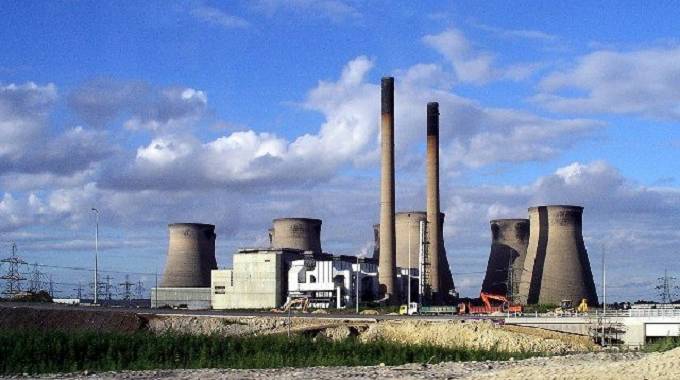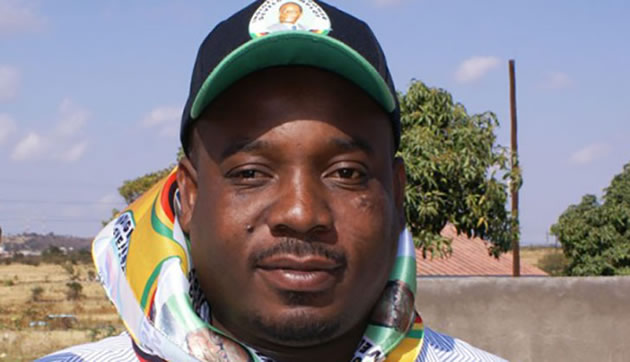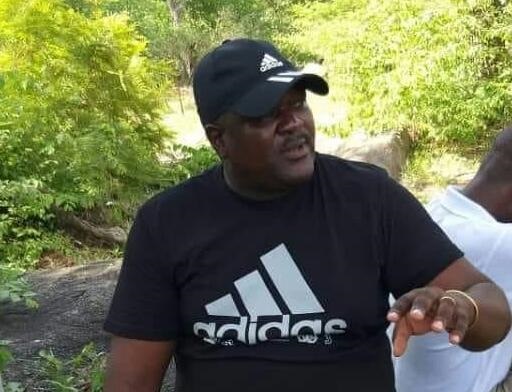COMMENT: The phasing out of coal power: Let he without sin cast the first stone

THIRD-WORLD countries are often in a difficult position when it comes to transitioning to cleaner energy sources. According to a report by The Guardian, developing countries argue that they don’t lack ambition when it comes to phasing out fossil fuels — it’s all about the means.
The “means of implementation” have become a sticking point at environmental talks, with developing countries united in demanding that developed countries honour their legally binding obligations under the Paris Agreement.
Developing countries that have contributed so little to the climate crisis but are suffering the worst impacts argue that a phase-out must be centred around equity, which means it must be “fast, fair, funded and forever”.
This is enormous global ethical challenge has this week been brought to the fore by a report we carried yesterday showing how Zimbabwe has started reaping savings from reduced energy imports.
This major development is a direct result of improved domestic electricity generation mainly from the upgraded Hwange Thermal Power Station and the rising contribution by independent power producers (IPPs).
As we illustrated in the report, the reduced output from the giant Kariba Hydro-Power Station due to low water levels linked to climate change has been countered by the commissioning of Hwange units 7 and 8 by President Mnangagwa last year in August.
The massive expansion project brought 600 megawatts to the national grid, adding to the existing 920MW Hwange Power Station.
This has reduced the monthly power import bill by 57 percent from US$26 million to US$11 million by the end of the third quarter of 2023, according to brokerage firm, IH Securities.
Built at a cost of about US$1,5 billion, the Hwange Unit 7 and 8 expansion project has become a game-changer in Zimbabwe’s energy production profile whose success has fulfilled one of the promises made by President Mnangagwa.
The Hwange Thermal Power Station Unit 7 and 8 expansion project is a coal-fired power plant expansion project located in Hwange, Matabeleland North Province.
The coal in the Hwange area is God’s gift to Zimbabwe. Unlike developed countries, we have not exhausted our coal deposits and poisoned the planet.
The ground-breaking ceremony for the Hwange power station expansion was held in June 2018, while the main construction works started in March 2019. That is fairly recent.
Countries like Zimbabwe must be allowed to benefit from their resources and not rely on expensive imports. Savings on power imports can be used to develop other sectors of the economy or improve the quality of life for Zimbabweans.
When it comes to ending the use of coal-fired plants, developed countries must go first, start immediately, stop expansion plans, and provide proper financial assistance rather than loans so the rest of the world can work towards the same ends.
In addition, they must pay for making poor countries suffer through climate change. Isn’t it ironic that the places that have contributed the least to warming the Earth are the most vulnerable to the death and disease higher temperatures can bring?
The University of Wisconsin-Madison reports that Third World countries bear the brunt of global warming impacts.
“Those least able to cope and least responsible for the greenhouse gases that cause global warming are most affected,” says lead author Jonathan Patz, a professor at UW–Madison’s Gaylord Nelson Institute for Environmental Studies.
The real owners of the climate crisis must leave us alone. They have the “means of implementation” and we don’t. If it was not for them, we wouldn’t even need to.
Our coal, our power, our economy!








Comments